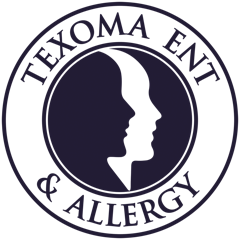Tinnitus is a condition where people hear a continuous ringing, buzzing, or any sound combination in their ears that is not happening in the external world. It can cause serious daily challenges to those suffering from this illness, affecting millions worldwide every day.
One common cause of tinnitus is when nerve activity in the brain is interpreted as sound, resulting in the ringing noise that people begin to hear in their heads. Older people are more at risk for developing this condition, and it is sometimes associated with hearing loss. Tinnitus can also be caused by having lots of earwax, allergies, certain medications, and sudden exposure to very loud noise.
Everyone will experience tinnitus at some point in their lives. However, if the ringing in your ears continues for months on end, then you may have developed this condition.
When Should I see a doctor for tinnitus?
People are most likely to experience high-pitched ringing noises after attending a loud concert or being around loud machinery, for example. This type of tinnitus tends to subside within a few hours and does not turn into a chronic problem.
If you are hearing a low or high-pitched ringing noise, a rushing noise, humming sounds, clicking sounds, or a heartbeat sound, this may be a sign of another health or hearing problem. All of these are symptoms of various conditions, and the doctors can help you figure out what the best course of action is.
How can I manage tinnitus?
There are lots of ways you can manage your tinnitus to live a more comfortable life. Avoid loud noises or places, reduce your stress levels, establish a healthy diet and routine, and avoid alcohol, caffeine, salt and nicotine. All of these things may help reduce tinnitus symptoms.
Hearing aids can also help patients by amplifying external noises and blocking out the ringing in their heads. There are also different types of therapy to train your brain to reduce the sound.
The doctors at Texoma ENT & Allergy can run tests in their hearing center to help you manage your tinnitus symptoms. Call 940-322-6953 to schedule a consultation at our clinic in Wichita Falls.





